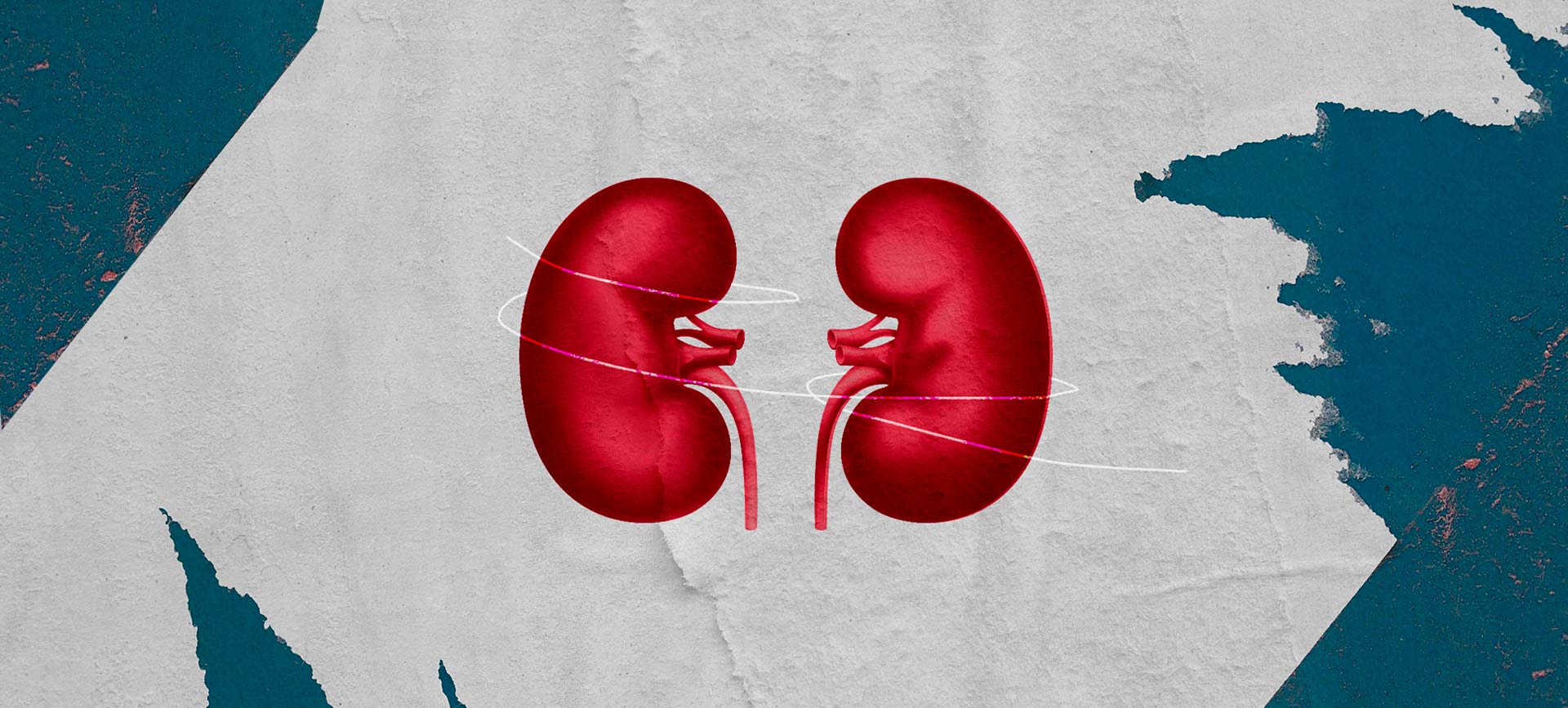Rovin: Generally speaking, everyone who is in nephrology will have completed an internship and residency in general medicine. That would be three years of training, and that covers all the specialties of medicine. After that, we go into the fellowship part of the program, which is a minimum of an additional two years of training.
My fellowship was four years because I spent quite a bit of time in a laboratory, because I like to do research as well as take care of patients; so a minimum of two years and a maximum of up to four years.










